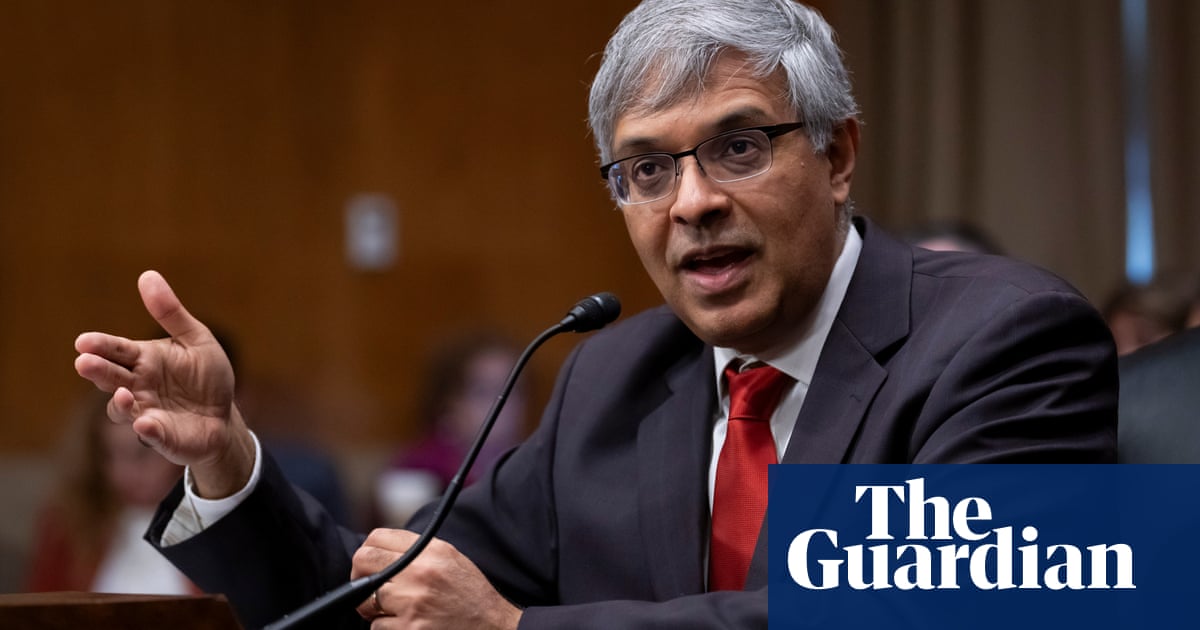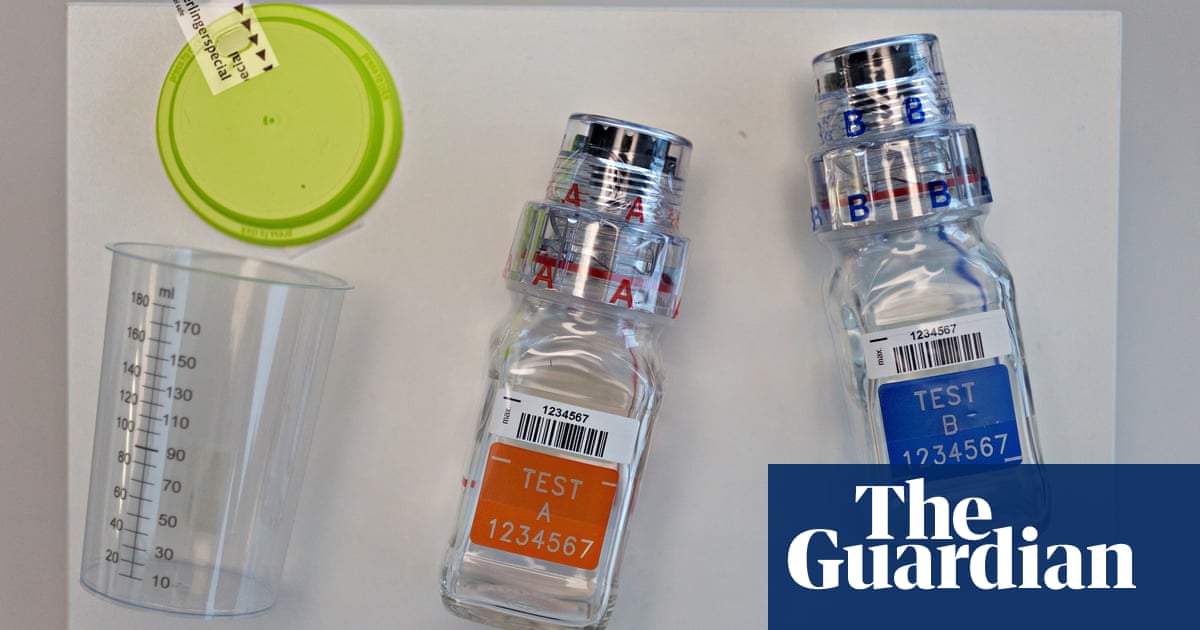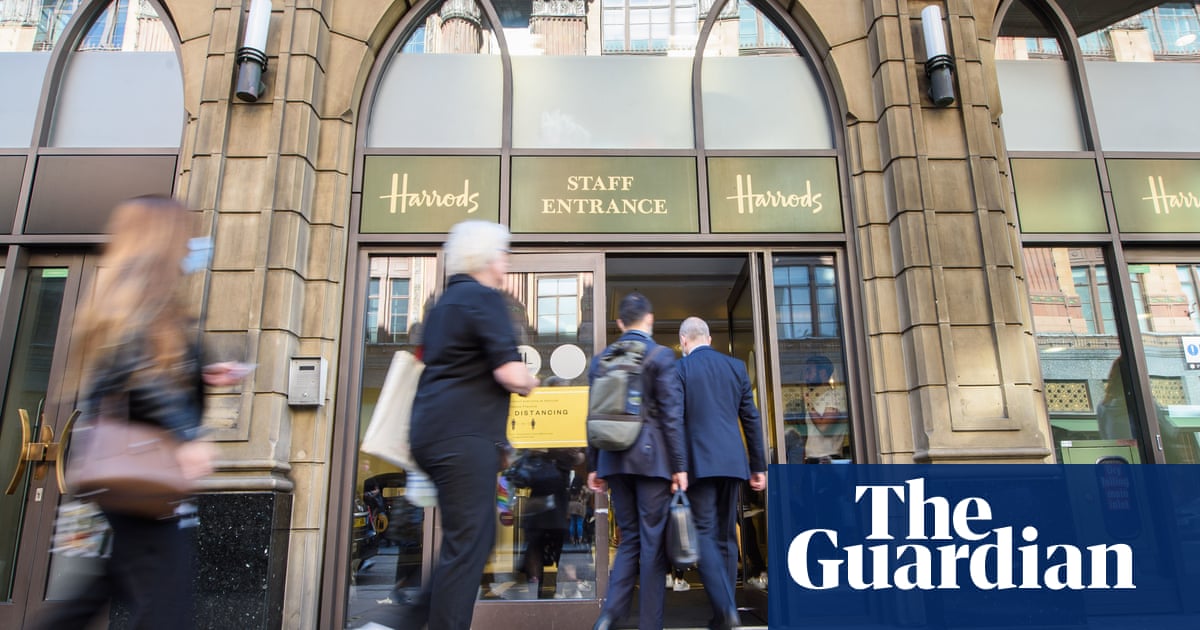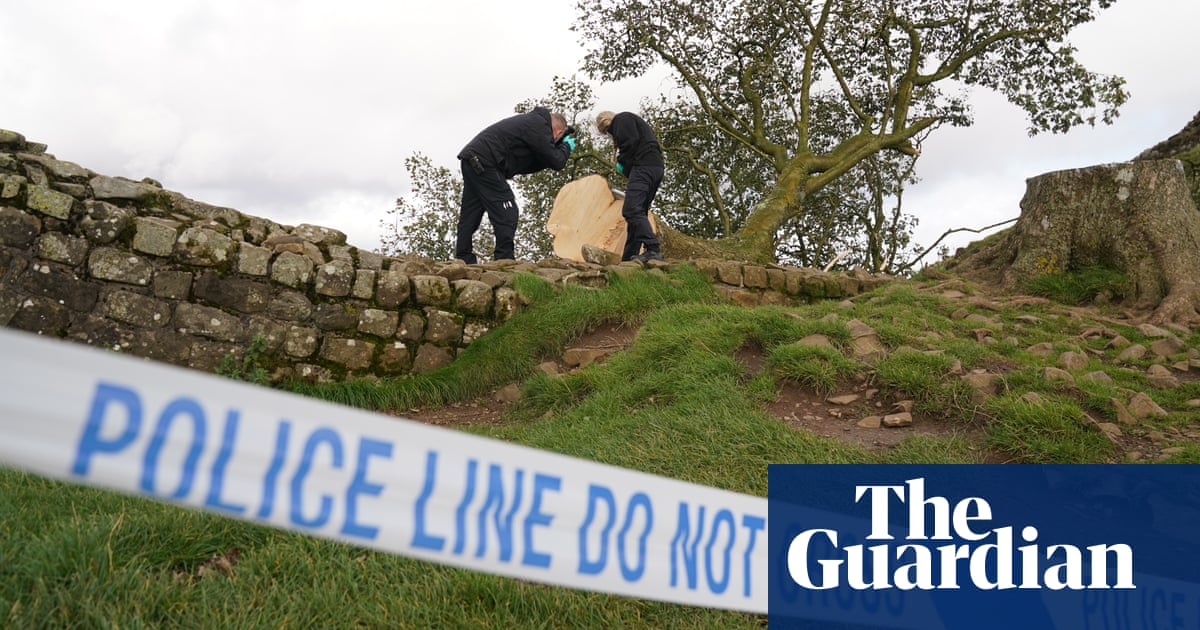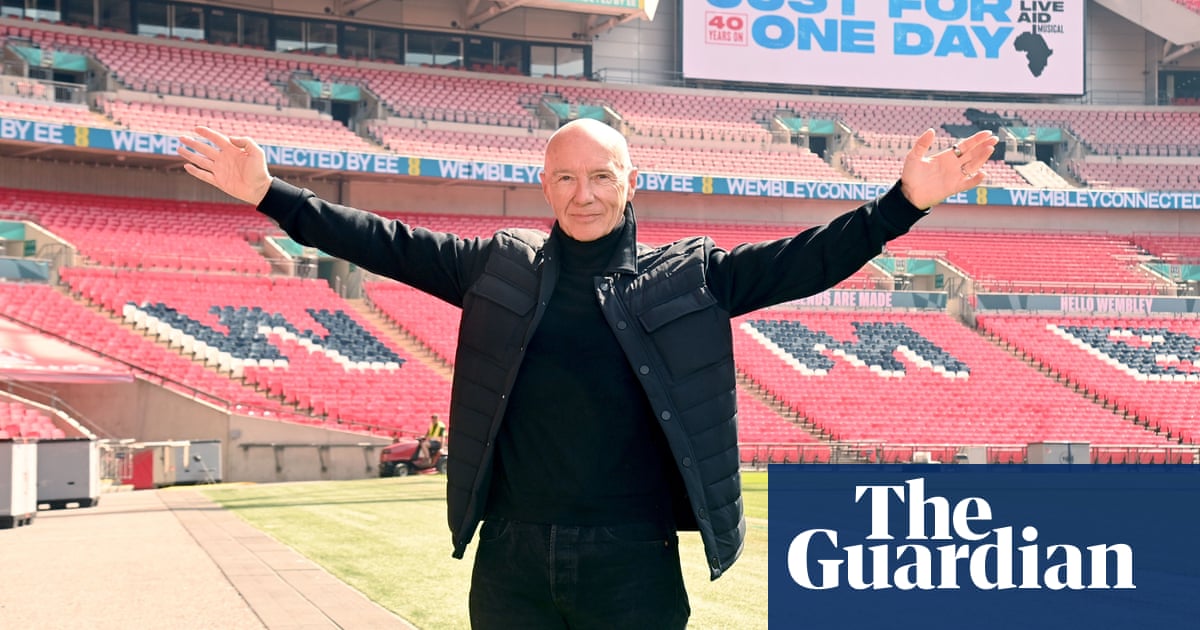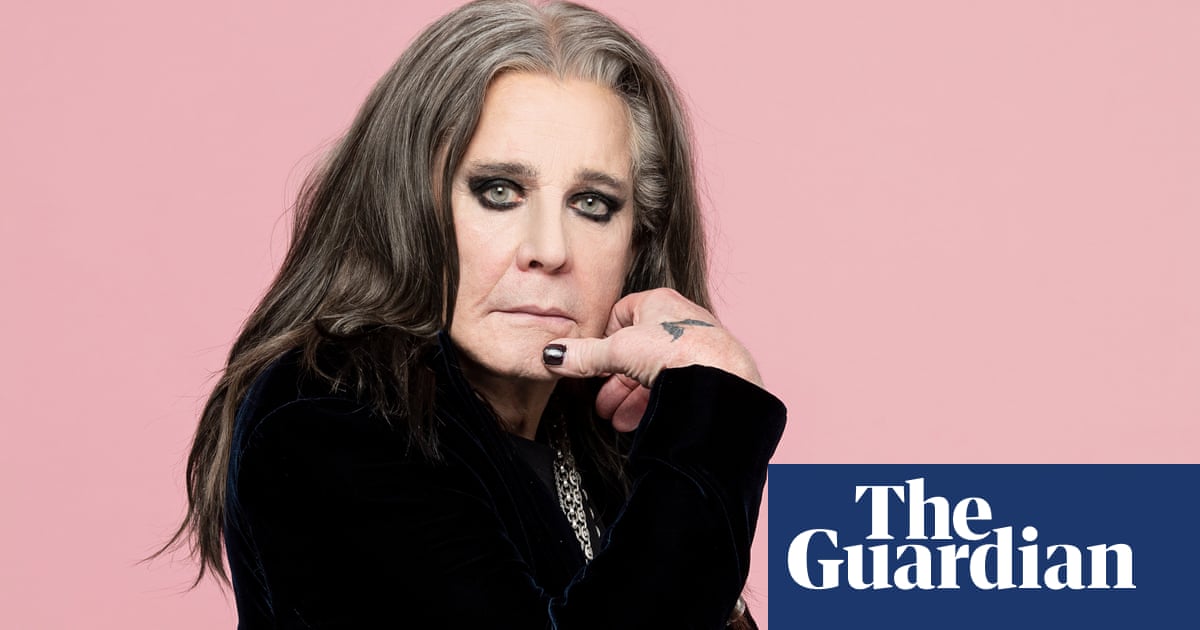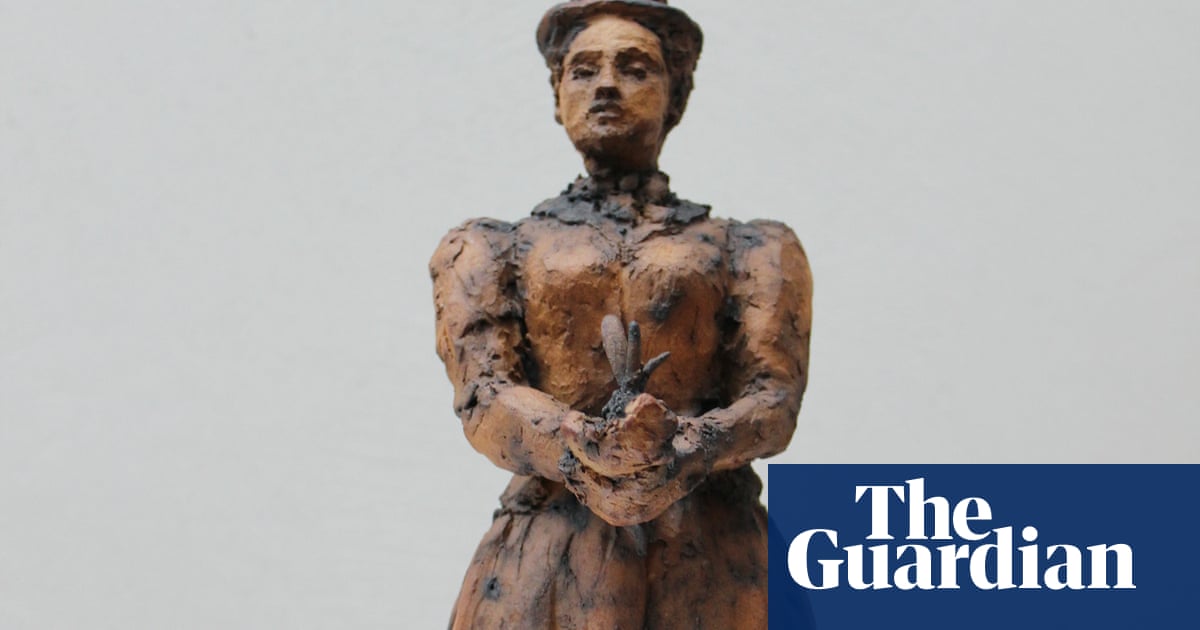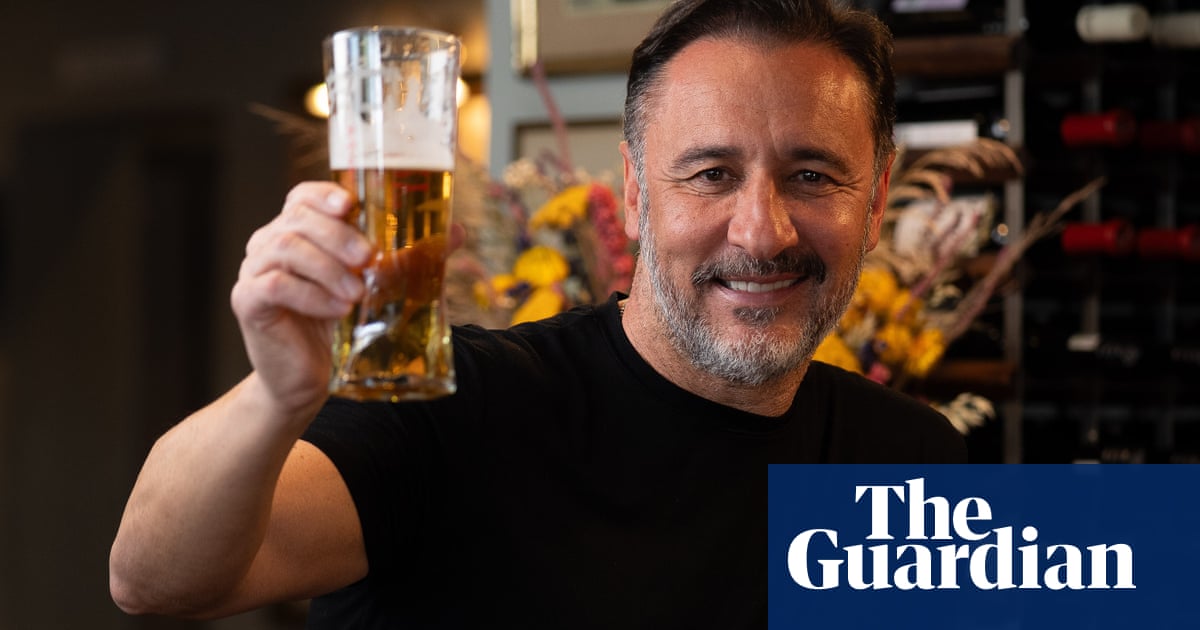When police inspector Amy Scott entered a Sydney shopping centre in pursuit of a man who was stabbing people with a large knife, she did so without a partner or a bullet-proof vest. Fear, she said, made way for nausea.
“Because, in my head, I had resigned myself to the fact that I was probably going to die”, she told the New South Wales coroner’s court on Tuesday.
It was 3.37pm on 13 April 2024. Four minutes earlier, Joel Cauchi, 40, who had schizophrenia, had begun a stabbing rampage inside the Westfield Bondi Junction shopping mall, killing six people and injuring 10 more.
The inspector was the first police unit to respond to the initial radio call-out. She had been driving her police car from Bondi beach.

“I remember the radio operator said … ‘We’re getting multiple calls, multiple stabbings, multiple locations at Bondi Junction Westfield.’ I knew right then that it was very real,” she told the state coroner, Teresa O’Sullivan.
When she arrived at the Westfield, her initial plan was to execute a “dynamic entry”, with other officers entering the centre at multiple points. But running from the shopping centre were people screaming: “He’s killing people, he’s hurting people.”
She told Lidcombe coroner’s court she then knew she was dealing with an active armed offender. “They’re active, I’m going in”, she radioed.
In her active armed offender training, officers were told they had a 60% to 70% chance of non-survival “and that is if you are partnered up and vested up, and I was neither of those,” Scott said.
Instead, as makeshift backup she had Silas Despreaux and Damien Guerot – two French nationals who had become friends since moving to Australia.
Guerot arrived in Australia to learn English about 10 years ago and is now a carpenter. Despreaux, who arrived seven years ago, is a construction worker. When they heard a man was stabbing people, Despreaux told Guerot: “Let’s go catch him.”
They tried to stop Cauchi using heavy bollards from a clothing store, throwing them down an escalator as he moved up it towards them.
Scott told the court that the men told her which way to go. On the way up an escalator to find Cauchi, she unclipped her gun and one of the Frenchmen told her: “You’re on your own [without other police], we’re coming with you.”
Guerot told Scott: “It’s a big situation. You have to have your gun ready because this guy is dangerous.”
A short distance from the top of the escalator and with the men behind her, she saw Cauchi.
“I’ve got eyes on him … and I’m in foot pursuit,” she radioed.
When he stopped about 20 metres ahead of her, she stopped as well. She silently signalled to a mother with a pram, hiding nearby, to run, then called out “mate” to get Cauchi’s attention.
He turned towards her and started sprinting. Shouting “stop, drop it”, she fired three times. As she pulled the trigger, she told the court that she thought “that he was going to kill me”.
Less than six minutes after his rampage began, Cauchi lay motionless outside an art and craft shop. Two of the bullets had hit him; one missed and struck a pot plant.
Fixation on knives and serial killers
In the first week of a five-week coronial inquest into the seven deaths, the court heard how the “extremely unwell” man from Queensland slipped through the healthcare net and stopped taking medication for his schizophrenia five years earlier. Cauchi developed a fixation on violence, knives and serial killers and with some “rudimentary planning”, inflicted a mass stabbing similar to those he had searched for online.
That morning, after sleeping rough near Maroubra beach, he picked up his backpack and knife from his rented storage locker, searched Reddit for accounts of the Columbine school shooting, then made his way to Bondi Junction. There, while standing in a queue at a cafe in the sprawling Westfield shopping centre, he took his knife from his bag and, just before 3.33pm, fatally stabbed Dawn Singleton. The 25-year-old bride had been shopping for wedding makeup.
Five seconds later, he stabbed Jade Young, 47, an architect, once, as she stood beside her daughter. She died within minutes. He next fatally stabbed an economics student, Yixuan Cheng, 27, then new mother Ashlee Good, 38, a security guard, Faraz Tahir, 30, and Pikria Darchia, 55.
After being stabbed while protecting her baby, Good was able to contact her mother-in-law who was also in Westfield. She “made her way to assist … and was there to comfort her and her granddaughter in the midst of that fear”, the senior counsel assisting, Dr Peggy Dwyer SC, said.
Young’s daughter used her dying mother’s phone to call her father, who was also at Westfield. On his way to them, he encountered the attacker and “warned others that Mr Cauchi had a knife before running to find his wife”, the court heard.
after newsletter promotion
An early assumption was that Cauchi targeted women: of his 16 victims, just three were men. But that theory was debunked by Det Chief Insp Andrew Marks, the police officer in charge of the investigation.
“From the start of his attack, he moved very quickly and he appeared to attack people that were not ready, [who] didn’t know what was happening,” Marks said in court. “I just believe that whoever was in his way … is who he attacked.”
Bravery in face of danger
It was clear that the death toll might have been far higher. In 2021, Cauchi had sought and been given initial psychiatric approval for a gun licence – something he did not follow through on, which the court heard was “very, very fortunate”.
The court watched CCTV footage that showed Cauchi, seconds before he was shot, hesitating in front of a man, who appeared to have no idea of the danger he was in.
“I don’t even know to this day if they realised,” Scott said from the stand, before recounting, through tears, the bravery of the young officers who had also run towards danger that day – some of whom have not been able to return to work since.
The level of preparedness for an active armed offender, from security alarms to interagency communication and command, is central to the inquest for which the brief of evidence contains some 50 volumes and on which at least 18 barristers are working.
Australia is a country in which mass casualty attacks are rare – the Bondi Junction attack was Sydney’s worst mass murder in more than a decade – and the triage response was perhaps a function of that fact, Dwyer suggested.
On multiple levels, communications issues also hampered responders’ efforts.
The sole operator in Westfield’s security CCTV room had been using the bathroom when the attack began. Its emergency alarm system – which began only after Cauchi was shot dead – was, in Scott’s words, “deafening”. There was confusion around whether Cauchi had acted alone. An police review of CCTV room footage quickly determined there was a single offender – a message that was not passed on to the ambulance commander on site, who ordered all paramedics to leave the scene, albeit after all patients had left the building. Other specialist paramedics did not have ready access to the ballistic PPE needed to work in an active armed offender situation.

An interagency meeting at 5.30pm – about two hours after Cauchi’s attack began – was criticised as being “too late”. Responding, Ch Insp Christopher Whalley, who took initial command of the incident, said that “the scope and magnitude of that incident was quite vast”.
Deep grief
Multiple victims spread over three floors of the massive mall, combined with the sheer number of people there on that ordinary Saturday – not to mention its infamously maze-like layout – would have added to the fear and chaos that quickly descended.
Dwyer’s opening address led what has become a theme of the inquest: every witness, and many of the barristers, have begun their words with condolences to those affected. Injuries have been acknowledged as being both physical and psychological.
“The grief of the families who are impacted is raw and deep … and the extent of their loss is truly unfathomable for the rest of us. The inquest is a huge strain on their emotional reserves,” Dwyer said.
As well as many witnesses, the state coroner, too, was affected.
On Tuesday, O’Sullivan stopped proceedings after Whalley was overcome with emotion when recalling how, late in the evening of 13 April, a team of young police officers had not wanted to leave the side of a deceased victim.
“I’m grateful for the break too,” O’Sullivan told him after a five-minute pause, “because I found what you said very moving.”

.png) 3 hours ago
4
3 hours ago
4




